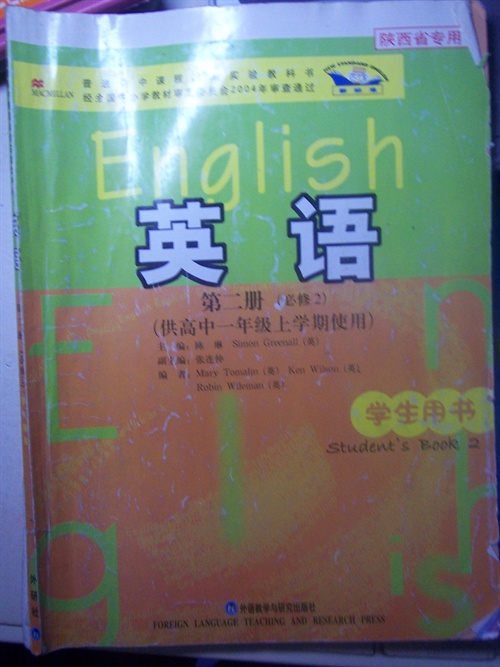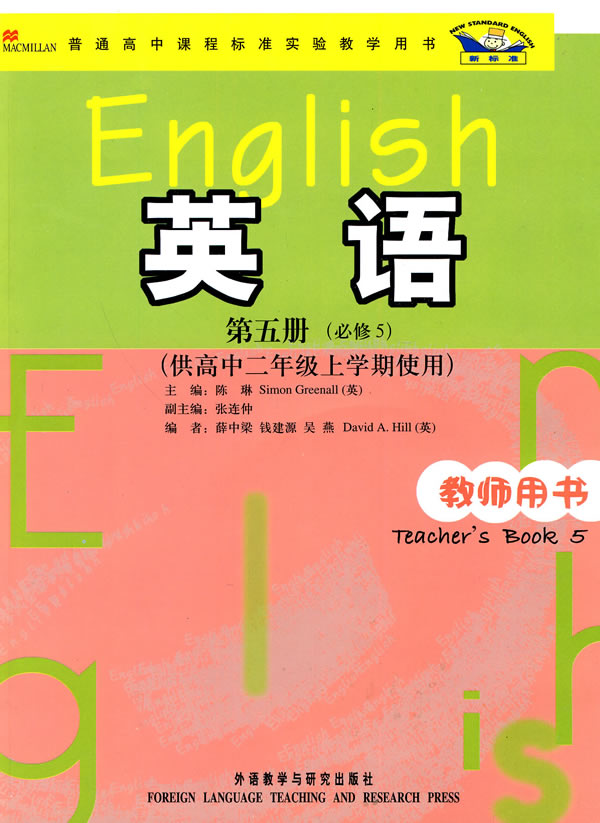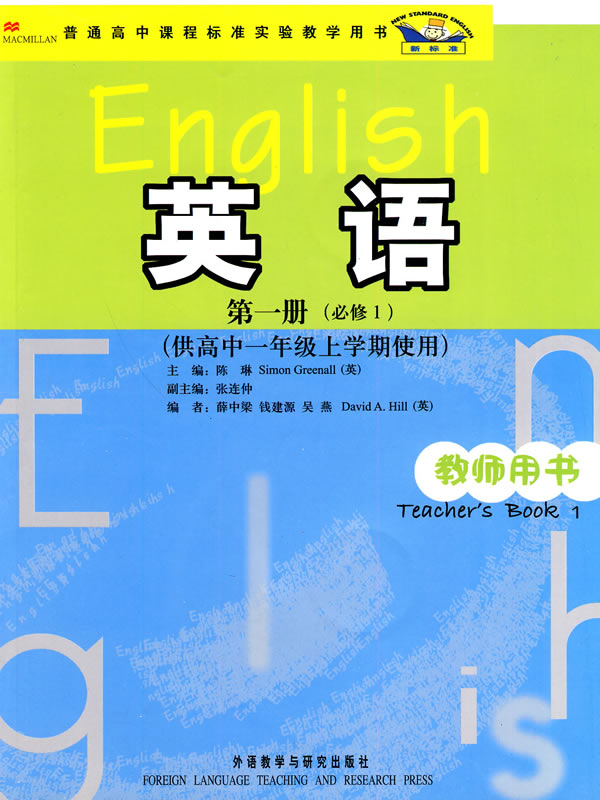【www.guakaob.com--结构师考试】
高中英语语法权威解析
目录:
第01章 名词性从句
第02章 “It”用法及其句型和固定搭配讲解
第03章 高中英语语法中的省略现象
第04章 主谓一致
第05章 动词不定式
第06章 倒装结构
第07章 定语从句
第08章 被动语态
第09章 祈使句
第10章 感叹句
第11章 疑问句
第12章 名词
第一章 名词性从句
在句子中起名词作用的句子叫名词性从句(Noun Clauses)。 名词性从句的功能相当于名词词组, 它在复合句中能担任主语、宾语、表语、同位语、介词宾语等,因此根据它在句中不同的语法功能,名词从句又可分别称为主语从句、宾语从句、表语从句和同位语从句。
一. 主语从句
主语从句是在复合句中充当主语的从句,通常放在主句谓语动词之前或由形式主语it代替,而本身放在句子末尾。
1. It 作形式主语和it引导强调句的比较
It 作形式主语代替主语从句,主要是为了平衡句子结构,主语从句的连接词没有变化。而it引导的强调句则是对句子某一部分进行强调,无论强调的是什么成分,都可用连词that。被强调部分指人时也可用who/whom。例如:
a) It is a pity that you didn’t go to see the film. 你不去看那场电影真可惜。
b) It doesn’t interest me whether you succeed or not. 我对你成功与否不感兴趣。
c) It is in the morning that the murder took place. 谋杀案是在早上发生的。(强调句型) d) It is John that broke the window. 是John打碎的窗户。(强调句型)
2. 用it 作形式主语的结构
(1) It is + 名词 + 从句
It is a fact that „ 事实是„
It is an honor that „非常荣幸
It is common knowledge that „是常识
(2) It is + 形容词 + 从句
It is natural that„ 很自然„
It is strange that„ 奇怪的是„
(3) It is + 不及物动词 + 从句
It seems that„ 似乎„
It happened that„ 碰巧„
It appears that„ 似乎„
(4) It + 过去分词 + 从句
It is reported that„ 据报道„
It has been proved that„ 已证实„
It is said that„ 据说„
3. 主语从句不可位于句首的五种情况:
(1)if 引导的主语从句不可居于复合句句首。
(2)It is said /reported„结构中的主语从句不可提前。例如:
正确表达:It is said that President Jiang will visit our school next week.
错误表达:That President Jiang will visit our school next week is said.
(3)It happens/occurs„结构中的主语从句不可提前。例如:【高中英语】
正确表达:It occurred to him that he failed in the examination.
错误表达:That he failed in the examination occurred to him.
(4)It doesn’t matter how/whether „结构中的主语从句不可提前。例如:
正确表达:It doesn’t matter whether he is wrong or not.
错误表达:Whether he is wrong or not doesn’t matter.
(5)含主语从句的复合句是疑问句时,主语从句不可提前。例如:
正确表达:Is it likely that it will rain in the evening?
错误表达:Is that will rain in the evening likely?
4. what 与that 在引导主语从句时的区别
what 引导主语从句时在句时在从句中充当句子成分,如主语.宾语.表语,而that 则不然。例如:
a) What you said yesterday is right.
b) That she is still alive is a consolation

二.宾语从句
宾语从句就是在复合句中作宾语的名词性从句,通常放在主句谓语动词 (及物动词) 或介词之后。
1. 作动词的宾语
(1) 由that引导的宾语从句(that 通常可以省略), 例如:【高中英语】
I heard that be joined the army. 我听说他参军了。
(2) 由what, whether (if) 引导的宾语从句,例如:
a) She did not know what had happened. 她不知道发生了什么。
b) I wonder whether you can change this note for me. 我想知道你是否能帮我改一下笔记。
(3) 动词+间接宾语+宾语从句。例如:
She told me that she would accept my invitation. 她对我说她会接受我的邀请。
2. 作介词的宾语,例如:
Our success depends upon how well we can cooperate with one another. 我们的成功取决于我们之间的合作。
3. 作形容词的宾语,例如:
I am afraid (that) I’ve made a mistake. 我恐怕我已经犯了一个错误。
注意:that 引导的从句常跟在下列形容词后作宾语:anxious, aware, certain, confident, convinced, determined, glad, proud, surprised, worried, sorry, thankful, ashamed, disappointed, annoyed, pleased, hurt, satisfied, content 等。也可以将此类词后的that 从句的看作原因状语从句。
4. it 可以作为形式宾语
it 不仅可以作为形式主语,还可以作为形式宾语而真正的宾语that 从句则放在句尾,特别是在带复合宾语的句子中。 例如:
We heard it that she would get married next month. 我听说她下个朋就会结婚了。
5. 后边不能直接跟that 从句的动词
这类动词有allow, refuse, let, like, cause, force, admire, condemn, celebrate, dislike, love, help, take, forgive等。这类词后可以用不定式或动名词作宾语,但不可以用that引导的宾语从句。如:
正确表达:I admire their winning the match.
错误表达:I admire that they won the match.
6. 不可用that从句作直接宾语的动词
有些动词不可用于“动词+间接宾语+that从句“结构中,常见的有envy, order, accuse, refuse, impress, forgive, blame, denounce, advise, congratulate等。例如:
正确表达:He impressed the manager as an honest man.
错误表达:He impressed the manager that he was an honest man.
7. 否定的转移
若主句谓语动词为think, consider, suppose, believe, expect, fancy, guess, imagine等,其后的宾语从句若含有否定意义,一般要把否定词转移到主句谓语上,从句谓语用肯定式。例如:
I don’t think this dress fits you well. 我认为这件衣服不适合你穿。
三. 表语从句
表语从句在复合句中作表语的名词性从句,放在系动词之后,一般结构是“主语+连系动词+表语从句”。可以接表语从句的连系动词有be, look, remain, seem等。引导表语从句的that常可省略。另外,常用的还有the reason is that„ 和It is because 等结构。例如:
1) The question is whether we can make good preparation in such a short time.
2) This is why we can’t get the support of the people.
3) But the fact remains that we are behind the other classes.
4) The reason he is late for school is that he missed the early bus.
四. 同位语从句
同位语从句就是在复合句中作名词的同位语的名词性从句。
1. 同位语从句的功能
同位语从句对于名词进一步解释,说明名词的具体内容,一般由that引导,例如:
1) The king’s decision that the prisoner would be set free surprised all the people.
2) The order that all the soldiers should stay still is given by the general.
2. 同位语在句子中的位置
同位语从句有时可以不紧跟在它所说明的名词后面,而是被别的词隔开。例如: He got the news from Mary that the sports meeting was put off.
3. 同位语从句与定语从句的区别
(1) 定语从句中的that既代替先行词,同时以在从句中作某个成分(主语或宾语),而同位语从句中的that是连词,只起连接主句与从句的作用,不充当句中任何成分。
(2) 定语从句是形容词性的,其功能是修饰先行词,对先行词加以限定,描述定的性质或特征;同位语从句是名词性的,其功能是对名词进行补充说明。例如:
1) The news that he told me is that Tom would go abroad next year.(他告诉我的消息是汤姆明年将出国。)(第一个that引导的从句是定语从句,that在从句中作宾语)
2)The news that Tom would go abroad is told by him.(汤姆将出国的消息是他讲的。)(同位语从句,that在句中不作任何成分)
高一英语名词性从句专项练习
1.____he does has nothing to do with me.
A. whatever B. No matter what C. That D. If
2. The manager came over and asked the customer how____
A. did the quarrel came about B .the quarrel had come about
C. had the quarrel come about D. had the quarrel come about
3. Energy is ____makes thing work..
A. what B. something C. anything D. that
4. Information has been put forward ____ more middle school graduates will be admitted into universities.
A. while B. that C. when D. as
5. This is ___the Shenzhou V Spaceship landed.
A. there B. in which C. where D. when
6. They have no idea at all____.
A. where he has gone B. where did he go
C. which place has he gone D. where has he gone

7. The doctor did a lot to reduce the patient’s fear ____he would die of the disease.
A. that B. which C. of which D. of that
8. The order came ___the soldiers ____the small village the next morning.
A. that ;had to leave B. that; should leave
C. /; must leave D. when; should leave
9. ___is no possibility ____Bob can win the first prize in the match.
A. There; that B. It; that C. there; whether D. It; whether
10. The question came up at the meeting_____ we had enough money for our research.
A. that B. which C. whether D. if
11. Is _____he said really true?
A. that B. what C. why D. whether
12.____the meeting should last two days or three days doesn’t matter.
A. That B. Whether C. If D. Where
13. It worried her a bit _____her hair was turning gray.
A. while B. if C. that D. for
14. ???_____more countries can use natural energy in the future remains to be seen.
A. Whether B. This C. who D. If
15.____he will go to work in a mountain village surprises all of us.
A. What B. That C. Whether D. If
16. ____you don’t like him is none of my business.
A. What B. That C. Who D. How
17.____all the inventions have in common is ____they have succeeded.
A. What; what B. That; that C. what; that D. That ; what
18. ____appeared to me that he enjoyed the food very much.

A. What B. It C. All that D. That
19. It is widely ______that smoking can cause cancer.
A. believed B. think C. say D. hoped
20. ____caused the accident is still a complete mystery.
A. What B. That C. How D. Where
Keys:
1—5 ABABC 6—10 AABAC 11—15 BBCAB 16—20 BCBAA
第二章 “It”用法及其句型和固定搭配讲解
"It" 用法及其句型和固定搭配,是高中英语语法的重点、难点,又是近几年高考的热点,因此应给予充分的重视,现将it用法归纳如下:
一、It用作实词
表达以下概念:指代前文提到的事物,前文中的this, that;替代前文中的内容;指代一位
高中英语词组大全
A
a (large) number of 许多
a bit 一点儿
a block of 一块
a bottle of 一瓶
a few 许多
a good/great deal of 大量(的);非常多(的)
a great/good many 很多的, 非常多的
a group of 一群,一组
a little 许多
a lot of/lots of 许多
a pair of 一双,一对
a piece of 一片(张,块)
a pile of 一堆
a place of interest 名胜
a set of 一套
a sort of 一种
a type of 一种类型的
a waste of 白费; 浪费
above all 首先;首要
according to 根据...
act as 充当;作;起......的作用
add up to 加起来是
add... to 把.....加到......上
admit doing sth 承认做过某事
advise doing sth 建议做某事
advise sb. against doing sth 建议(劝)某人不要做某事
advise sb not to do sth 建议(劝)某人不要做某事
advise sb to do sth 建议某人做某事
afford to do 有经济条件做某事
after a (short) while 不久以后
after all 毕竟;终究
after graduation 毕业以后
again and again 反复地;再三地
agree on 商定;决定;达成共识
agree to do sth 同意做某事
agree to sth 同意(计划或建议)
agree with sb/what sb does 同意某人的意见
all along 一直,始终
all day and all night 整日整夜
all kinds of 各种各样的
all night 整夜
all of a sudden 突然,冷不防
all one's life 终生,一辈子
all over 到处,遍及„,浑身,结束
all over the country 遍及全国
all right 好吧,行吧,病好了
all round 周围,遍及四周
all sorts of 各种各样的
all the best 万事如意
all the same 一样,照样,完全一样
all the year round 一年到头【高中英语】
all through 自始至终
allow into 允许进入
allow doing 允许做某事
allow sb to do 允许某人做某事
and so on 等等
answer for 对......负责
apply for 申请...
arrive at /in 到达某地
as a matter of fact 事实上;其实
as a result(of) 结果
as if/though 好象;好似
as many/much as 多达......
as soon as 一„„就„„
as usual 象往常一样,照例
as well 也;有
as......as 像;如同
as/so far as 一直到„ (程度)
ask sb to do sth 要求某人做某事
ask„for 询问;向......要
at (the) most 至多
at (the)least 至少
at a high price 以高价......
at a time 每次;一次
at all 全然,究竟,到底
at breakfast 早餐时;正吃早饭
at first hand 第一手地,直接地
at first 起先;开端
at hand 在手边,在近处
at home and abroad 国内外
at home 在家里
at night 在夜晚,在夜里
at noon 在中午
at once 立刻,马上
at one time 以前;曾经
at present 现在;目前
at sea 在海上
at someone’s hands 出自某人之手,因为某人
at the age of 在......岁时
at the beginning of 在......的开始
at the end of 最后;尽头
at the foot of 在„.的脚下
at the latest 最迟;至迟
at the mercy of 在......支配下
at the same time 同时
at the school gate / at the gate of the school 在学校门口
at the time of 在......的时候
at the top of one's voice 高声地喊叫
at work 再工作,在运转,在起作用
B
be able to do sth (有能力)做某事
be about to 即将
be afraid of 害怕
be against 反对
be angry at sth 对某事生气
be angry with sb 愤怒,生某人的
be anxious about /for 为......担心,焦急
be away from 远离......
本文来源:http://www.guakaob.com/jianzhugongchengkaoshi/615175.html
上一篇:奇妙的国际互联网教学反思
下一篇:政治局常委2016